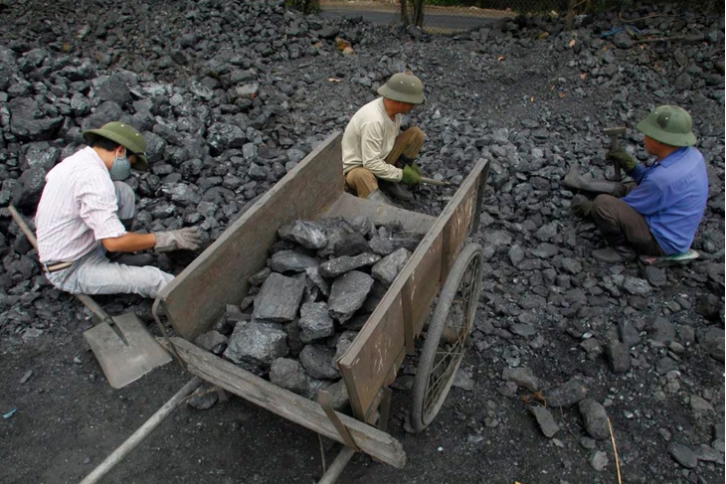Vietnam is expected to get US$15.5 billion from the United Kingdom and eight other countries to fund its transition to clean energy via a plan that will be announced at the COP28 climate conference held in the United Arab Emirates (UAE) between November 30 and December 12.
Mark George, climate counselor at the British Embassy in Hanoi, said the plan was finalized on Thursday last week after months of coordination with Vietnamese ministries, news agency AP reported.
The United Kingdom and eight other industrialized nations agreed to provide $15.5 billion to help Vietnam end its reliance on coal power and more quickly switch to renewable energy as a part of a Just Energy Transition Partnership (JETP).
A leader of the Vietnamese Ministry of Natural Resources and Environment told Tuoi Tre (Youth) newspaper that Vietnam and its international partners on December 14 last year announced a political declaration on the JETP establishment in Belgium to mobilize $15.5 billion over the next three to five years to support the Southeast Asian country’s clean energy transition.
In August this year, Vietnamese Prime Minister Pham Minh Chinh issued a decision approving a JETP implementation project.
Priority projects for JETP until 2025 include the development of the national grid, transmission lines, battery energy storage systems, Bac Ai pumped storage hydropower plant in Ninh Thuan Province in south-central Vietnam, and offshore wind power plants.
Earlier this year, Vietnam unveiled its comprehensive national energy plan and the national power development Plan VIII with a priority giving to renewable energy.
In particular, the country expects renewable energy sources to make up 30.9-39.2 percent of its electricity supply by 2030 and 67.5-71.5 percent by 2050.
Green house emissions from power generation were projected to fall to 204-254 million metric tons by 2030 and 27-31 million metric tons by 2050.
The plan also includes a commitment of opening no new coal-fired thermal power plant after 2030.
Existing coal-fired thermal power plants will have to shift to running on biomass or ammonia after operating for 20 years.
Failure to do so will result in the closure of these plants after 40 years of operation.
Like us on Facebook or follow us on Twitter to get the latest news about Vietnam!






















































